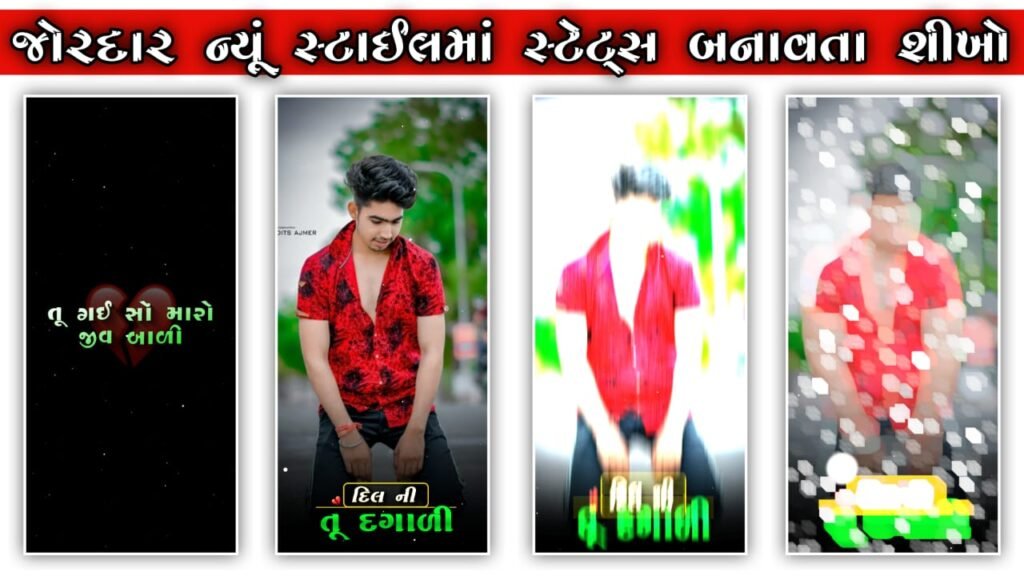Because There Was Never Anybody There in the First Place

These are the words of the prominent American Buddhist monk, Ajahn Sumano Bhikkhu, as he proclaimed in the six-part YouTube video series Monk in the Mountain. He left his native United States and was ordained as a novice and became a fully ordained Bhikkhu (monk) in Thailand. In Thailand, Ajahn Sumano has lived in international forest monasteries in the North East and South Thailand, on mountains, in caves, in the most remote hill tribe regions, and on islands. He has spent several rains retreats in Malaysia, Myanmar (Burma) and, Sri Lanka.
“Because there was never anybody there in the first place.” When I first saw the video where Ajahn made this statement, it prompted me to consider the very same thought that had passed through my brain for about the last 40 years. In Buddhism one of the most basic teachings is that of the Three Marks of Existence: here they are in the ancient language of Pali; (with English translations) dukkha (suffering), anicca (impermanence) and, anatta (non-self). It is the latter, non-self that Ajahn was referring to in the video. I have studied all the Buddha’s teachings since about 1974 and for all these years it has been the idea if you want to call it that, that there isn’t a real self, a real me.
I worked beside a chap a few years ago; I’ll call him Tommy – not his real name – who was what people would call these days a narcissist. What is a narcissist? I have heard it said that a narcissist has an ‘egotistic admiration of one’s idealized self-image’. No doubt you’ll be scrummaging around in your mind and maybe coming up with the likes of Marilyn Monroe, Adolph Hitler, Kim Kardashian, Laurence Olivier, etc. But everybody has certain narcissistic tendencies for one main reason: ‘we’ are stuck in this body.
Getting back to Tommy; this chap would have been in his late forties, single, full head of hair, but who obviously used ‘fake tan’ all year round. Yuk! He was disliked by most of the staff due to the continual boasting that he had a PhD in electronic engineering, was a member of various professional organizations and owned a small villa on the outskirts of Monte Carlo. Of course, he was the smartest dressed man in the office complex, often informing those who’d listen, that he bought all his clothes from a Paul Smith’s men’s designer store in London’s Mayfair. And he owned a Ferrari 458 supercar! And here I am looking back on this individual and wondering what Ajahn would think.
So, in comparison, we have a Buddhist monk who has given up everything to lead a solitary life in pursuit of Enlightenment and Tommy, an egotist of the highest order, who sees himself somehow above everybody else. The fact is we all self-identify in every aspect of life at all ages. From the moment our mother dresses us with our first nappy to the time the last nail in the coffin is hammered in, we are more or less coerced into projecting who we think we are. It reminds me of the old saying, ‘I think therefore I am,’ by Descartes. Well, personally I don’t think so. Let’s get back to Tommy.
If you look at your own life you will see similar desirous elements. You might not have a Ferrari but you’ll have a Mini Cooper or a Vauxhall Corsa. Maybe you live in a cheap flat in town who shops for clothes in Walmart and maybe left school with no formal qualifications. The fact is these are all aspects of karma. What is karma? Put simply it is the outcome of your actions in body, speech and, mind. Because with the identity of ‘me’ or ‘I’ comes the karmic conditions surrounding these perceptions. How we talk about things, how we go about our daily lives and how we think, are all based on desires or grasping. Seemingly we humans can never be content with what we’ve got. And the stronger the perception of ‘I’ or ‘me’ or ‘mine’ comes the effect of emotional stress.
There are two aspects to this. Firstly, it’s not getting what you want and secondly having to get that which you don’t want! Oh, I would love to have a new car – I’m fed up with this old crapper I’ve owned for ten years; against, going on a long-distance drive on the M25 (around London) and . . . you break down. It’s a disaster. Why does it have to happen to me? It’s me, me, me, me, me! The Buddha would retort, ‘exactly, who is me?’ By identifying with someone called ‘me’ we then differentiate with ‘you’. Me and you. Now this dualism, unfortunately, is basically and psychologically at the heart of most of mankind’s suffering. Why? Because we tend to identify with others who act and think like we do. ‘I’m different from him/her because of – and then comes the myriad of reasons.
We then get the tribal aspects. We can trace all of this tribalism going back to, say, the Roman Empire which controlled most of Europe as we know it today, throughout the Middle East and coastal countries of North Africa. From those times right up until the present, we have had in recent times our British Empire, Hitler’s ‘Third Reich’, the Soviet Union and, in a more bland way, the European Union. Much of the time these dominions were made up of the ‘sheep mentality’ of people in general. And then we had Covid-19 and what did people do? They followed each other into the supermarkets and clear the shelves of toilet paper.
It’s a bit like the old adage, ‘do as I do, not as I say!’ So, getting back to identity, are we really who we think we are? As I have gotten older I have looked back on this life many times. Is the young primary school pupil who started to innocently fancy the girls at school the same guy who had sex for the first time? Is the 18-year old drummer who played part-time in a rock band the same chap who got married and had a son? The married man who went to work overseas as an expat for nine years throughout the 80s – is he the same man who moved to Aberdeen, after divorce, and who, a few years later, once more went overseas to work and re-married? He still lives in Aberdeen, an ex-Technical Writer who spent nearly three years working in Surrey, and who now seeks some kind of self-realization.
You see identity much of the time is about then and now. I hated mushrooms when growing up and then one day at a dinner party back in the 70s, I decided to try them, and have loved them ever since. So who is the guy who hated mushrooms back then as opposed to the lover of mushrooms today? We all have similar likes and dislikes over time. But I keep bringing back the subject; who is the ‘who’ who likes/dislikes? The fact is, the ‘I’ continuously re-identifies with the current circumstances. Life is also about feelings and emotions and ‘me’ who suffers when marriages break up, a father or mother who passes away, being fired from a job that you love . . . but ‘who’ is fired? When you are selected for a new job that you saw advertised online the world really is your oyster.
New surroundings, new colleagues, new circumstances. You rise first thing in the morning, getting yourself ready, have a bite to eat, and off to enjoy another great day in the work-place. ‘I’ am really loving this job. But, and for various reasons, ‘you’ get fired, and made redundant. You are paid off from the job you loved. But this now turns to hate. I fcking hate that company and that bstard who fired me. But who got fired? Good question. It is the most difficult concept to appreciate or to get a handle on . . . who is me?
Ajahn Sumano has been looking at that question most of his life, the majority of those years as a Buddhist monk, and even he hasn’t found himself yet, well, not as we know it! Lastly, the following is something that happened to me back in the mid-70s. I was researching for what would be my first publication, Buddhism in Britain (1979) and spent a few days at Samye Ling Tibetan Buddhist Centre in Eskdalemuir, Scotland. I was there to interview the two Tibetan lamas, Akong Tulku Rinpoche and Chogyam Trungpa Rinpoche.
So what happened? I had been doing Buddhist meditation for about two years and when at Samye Ling, I took the opportunity to use its meditation room. So there was I, all alone in the room, and sitting cross-legged in the ‘half-lotus’ position. For some reason, my meditation went deeper than ever before . . . I lost track of time, I could hear the little birds tweeting their heads off just outside. There were voices outside and suddenly I had what I can only describe as an Enlightenment experience.
How to describe it? In a way, totally impossible but let’s put it this way; I was nowhere and yet I was everywhere! It was if my whole being was the Universe; Ian Oliver did not exist . . . there was just . . . well, everything – I was everything! So here I am many years later and I remember this experience as if it were just yesterday; oh, and I have never experienced it since. And I wonder now if it was because there was never anybody there in the first place?




